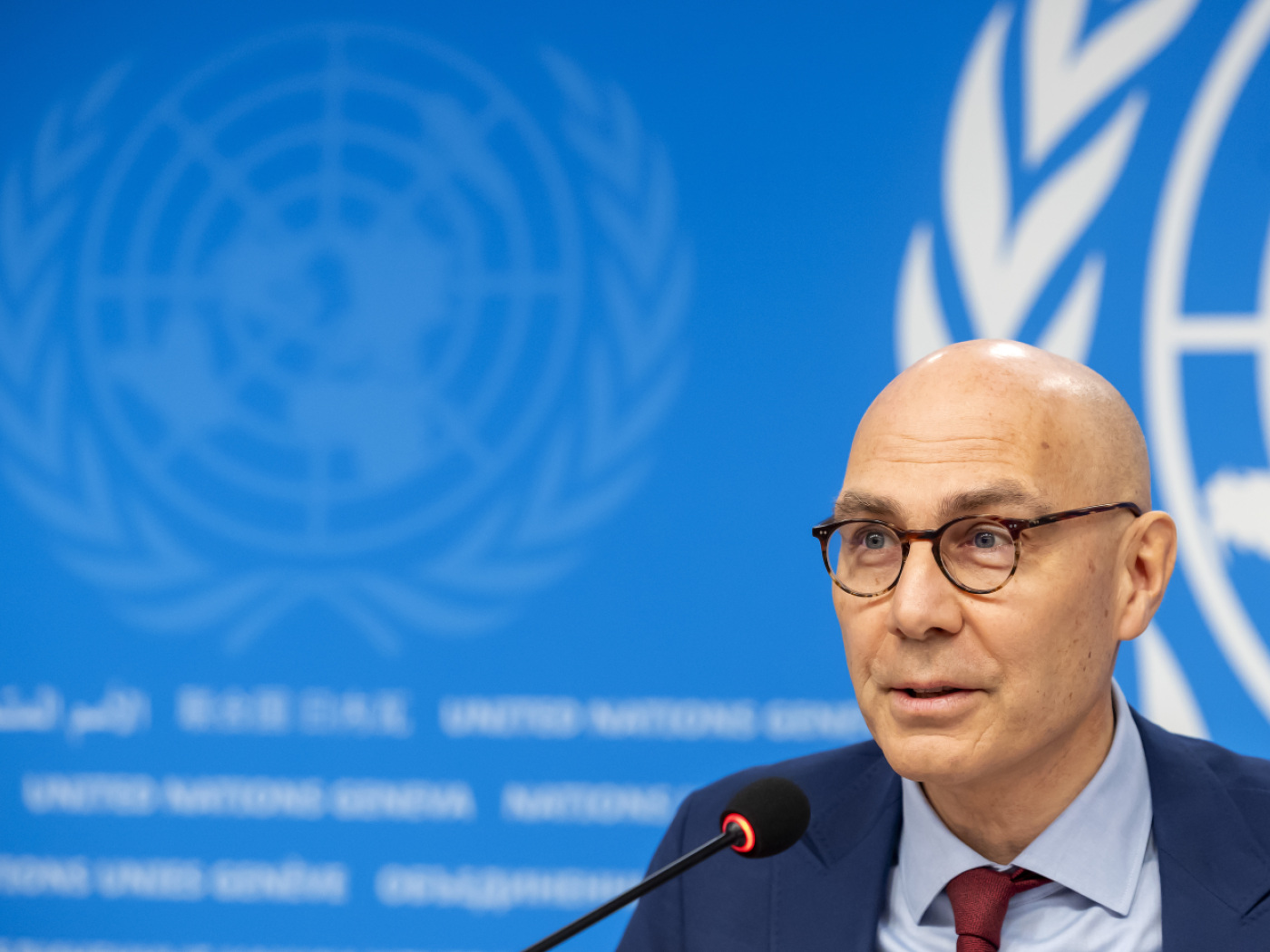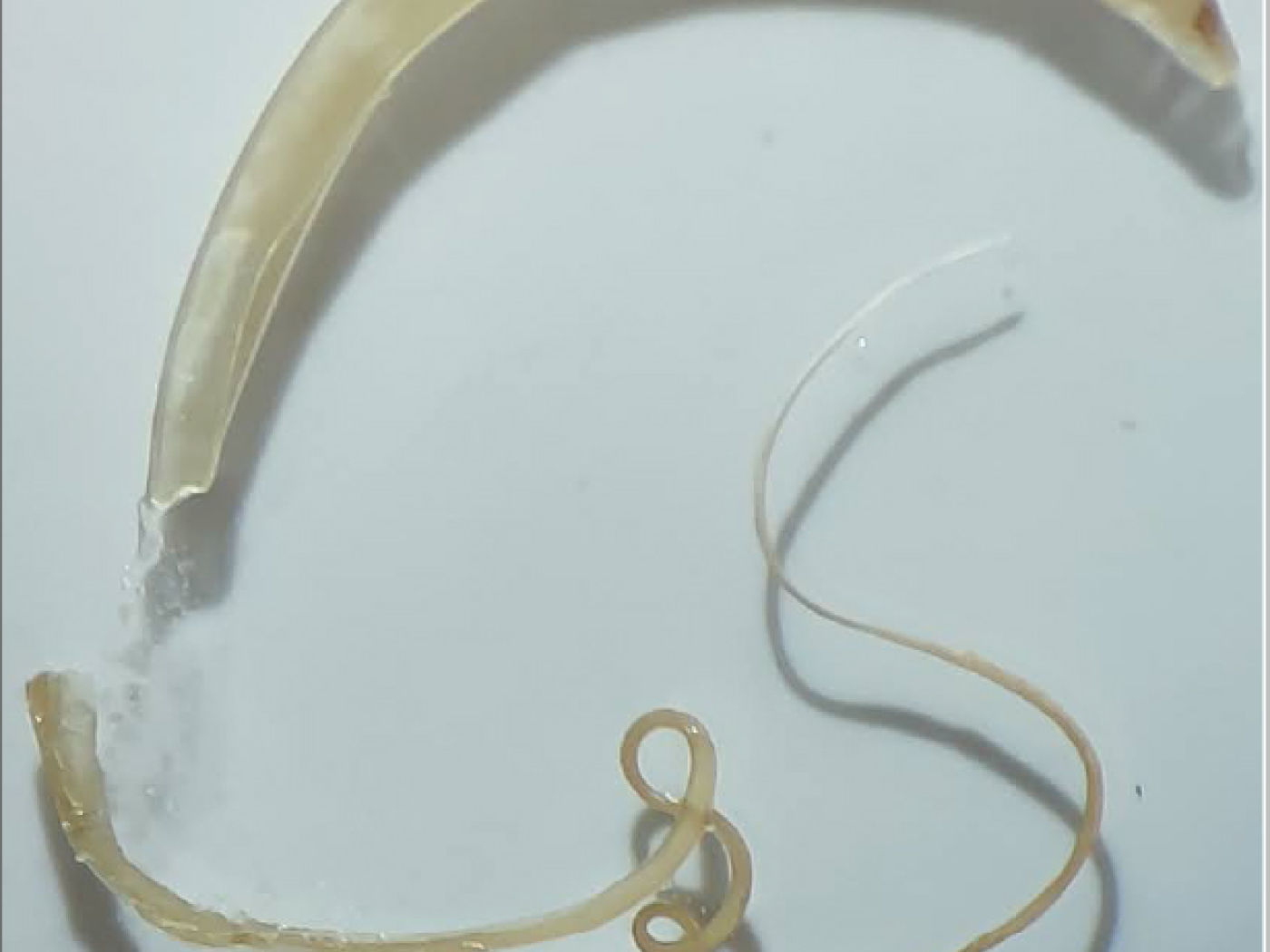
Schmid affirms Swiss commitment to Kosovo

Swiss Defence Minister Samuel Schmid has wrapped up a trip to Kosovo and Bosnia-Herzegovina, in which he supported calls for peacekeepers to remain in Kosovo "for years".
Schmid also visited Swiss soldiers deployed in Kosovo as part of a Nato-led peacekeeping force, as well as those that are part of a European Union mission.
The minister’s trip to the region comes as the new United Nations chief of mission for Kosovo, Joachim Rücker, ruled out partition of the troubled province.
The ethnic Albanian majority is demanding independence for Kosovo, while Belgrade wants the province to remain part of Serbia.
On Wednesday, Schmid moved to the Bosnian capital, Sarajevo, where he held talks with his counterpart Nikola Radovanovic on Bosnia’s integration into the international community. The country’s aim is eventually to join Nato and the EU.
According to Schmid’s spokesman Sebastian Hueber, Radovanovic told Schmid that Switzerland’s federal structure offered Bosnia a model to aspire to.
For his part, Schmid offered to provide training for the Bosnian soldiers under the auspices of Nato’s Partnership for Peace programme, and invited Radovanovic to Switzerland.
The Swiss defence minister also met EU representatives in Bosnia and visited the 26 Swiss soldiers in the Althea mission, part of the EU’s multinational force, EUFor.
Kosovo
In talks with Kosovo leaders a day earlier, Schmid received assurances that, if independence were achieved, the Serb minority in the province would enjoy the same rights as ethnic Albanians.
Hueber said Schmid’s hosts – Kosovo President Fatmir Sedjiu and Prime Minister Agim Ceku – were not just concerned about the future status of Kosovo but with improving law and order.
According to Hueber, both Albanian and United Nations officials said peacekeeping troops needed to remain in Kosovo “for years” – a sentiment shared by Schmid.
The Swiss minister also inspected a military camp in the southern town of Suva Reka where 208 Swisscoy troops are stationed as part of KFor, the Nato-led peacekeeping force.
Independence
Schmid’s cabinet colleague, Foreign Minister Micheline Calmy-Rey, was the first western politician to call for independence for Kosovo. Her remarks last year, on the eve of a visit to the province, were not well received in Belgrade.
The status of the province is currently the subject of negotiations. Talks have been going on since February in Vienna, and are expected to be concluded by the end of September. The UN Security Council is due to decide on the issue by the end of the year.
Kosovo has been run by the UN since Nato drove out Serb forces in 1999. Ethnic Albanians, who comprise around 90 per cent of the province’s two million population, want Kosovo to gain full independence from Serbia. But Belgrade wishes to retain at least formal control.
Belgrade has also floated the idea of partitioning Kosovo, and annexing the northern, Serb-majority part to Serbia. Rücker said on Tuesday this was out of the question.
swissinfo with agencies
There are 370,000 immigrants from the former Yugoslavia in Switzerland, of which 36% are from Kosovo.
Since 1999 Switzerland has given around half a million Swiss francs in aid to the region.
The Swiss army has taken part in the Nato peacekeeping mission since the end of the war. They will stay until 2008. An extension of the mission will be decided on by parliament.
Switzerland has also declared its support for a form of independence for Kosovo and deemed the issue a focal area of its foreign policy.

In compliance with the JTI standards
More: SWI swissinfo.ch certified by the Journalism Trust Initiative







































You can find an overview of ongoing debates with our journalists here . Please join us!
If you want to start a conversation about a topic raised in this article or want to report factual errors, email us at english@swissinfo.ch.